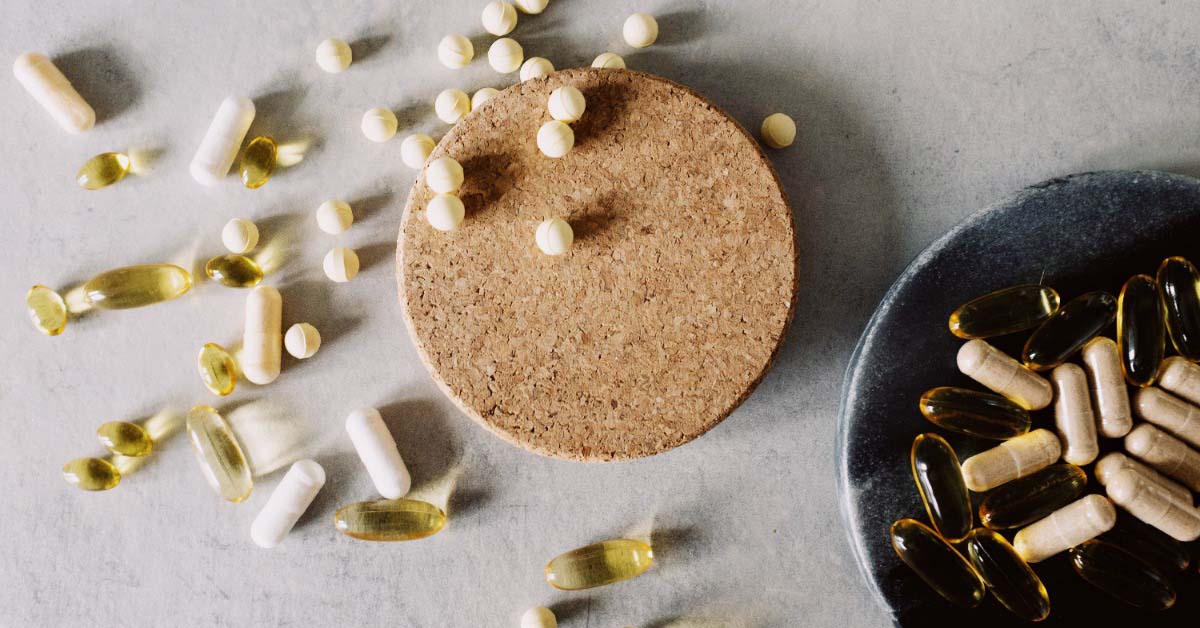
If you ask any dietician, any doctor, or search up any article online, the answer to this question is that the best way to get nutrients is from food.
There is little evidence to show that supplements provide health benefits any more than the nutrients from food do.
However, while a typical person may not care too much about whether they are getting enough nutrients as long as they have a balanced diet, this may not always be the case as we age.
Advertisement
What are the vitamins we need to pay more attention to?
- Protein — Our protein needs increases as we age in order to maintain muscle mass. Yet, one in five Singaporean older adults had low muscle mass in a 2017 study. While a young adult needs about 60g of protein per day, an older adult needs about 75g of protein per day.
- Vitamin D — Our skin’s ability to make vitamin D decreases with age. In addition, if you spend most of your time indoors, production of vitamin D decreases even more due to lack of sunlight.
- Vitamin B12 — Some of us may have trouble absorbing vitamin B12 due to lack of stomach acid, and thus a supplement may be better absorbed.
With this said, only a doctor can decide if you are not getting enough vitamin D and B12 (or any other nutrient, for that matter) from your diet. There is no need to rush to the pharmacy or online shops upon reading this as most of us can get them adequately through our diet.
What are some of the barriers to getting enough nutrients from our diet?
Dietary changes that may be hard to make in order to get sufficient nutrient intake include:
- Trouble chewing and swallowing
- Lack of financial means to get fresh produce
- Reduced appetite
- Medical conditions
- Post-surgery
- Menopause (affecting vitamin D intake)
In these cases, do consult with your doctor if supplements may be the right choice for you.
A potential danger of supplements
If you have certain medical conditions, supplements may interfere with that. Supplements could also interfere with the intensity and efficacy of medicine if you are taking any.
More percentage of a vitamin or a mineral may also not be better. In fact, too much of a nutrient can lead to toxicity and be harmful for your body instead. For example, a vitamin C toxicity can lead to diarrhoea. High doses of beta carotene have been linked to a greater risk of lung cancer in smokers, and extra calcium and vitamin D may increase the risk of kidney stones, among others.
In short, always replenish your nutrient intake through your diet first before considering supplements. If you think you need supplements, always check with your doctor first and only buy supplements that your doctors prescribe or recommend, instead of buying dubious products you see online — even if your friends take them.








